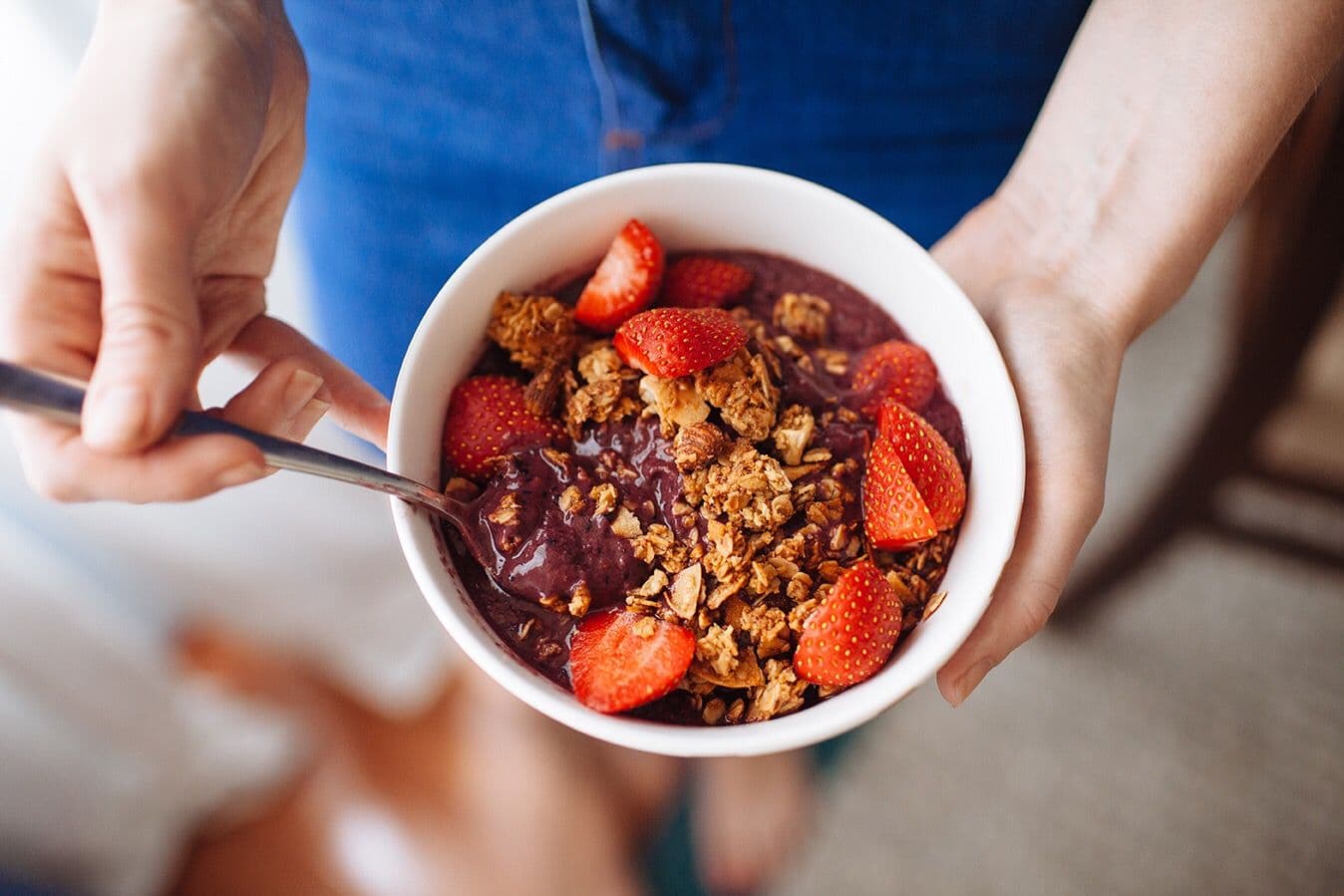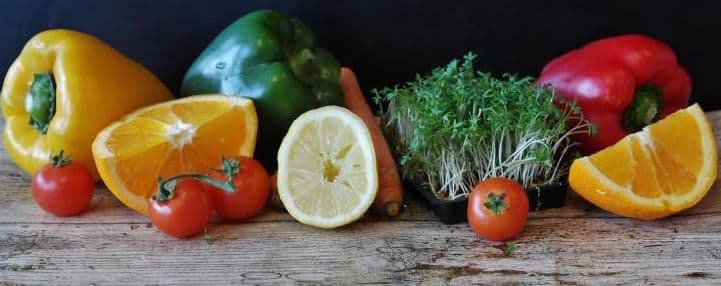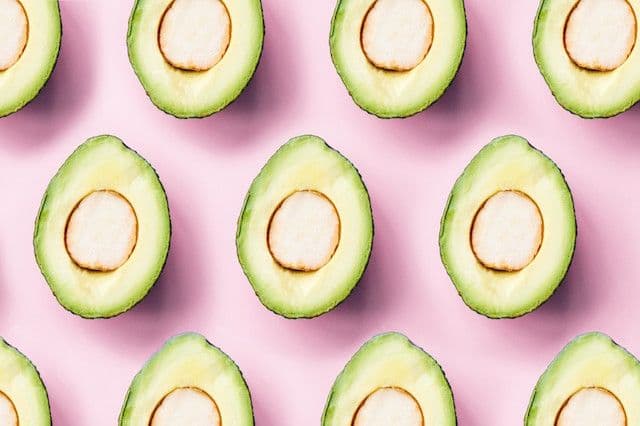Best Diet To Follow Before and During Pregnancy
Food and Nutrition
Obie Editorial Team

It’s 2019, and in the health and wellness space, that means there are dozens of new diets popping up every day. While some are fads, others have made a huge splash, gaining and maintaining popularity quickly. The motives for embracing these diets vary individually. Some follow a certain diet for weight loss, while others argue the diet is healthier, and leaves them feeling their best, both mentally and physically. But how do these diet and lifestyle choices hold up when trying to conceive and during pregnancy? We chose three of the most popular diet trends to date and analyzed each one from a fertility and pregnant perspective.
*It’s important to note that few scientific studies have been done regarding pregnancy and certain diets*
The basics of the Keto or ketogenic diet
The Ketogenic, more widely referred to as the Keto diet teaches the body to use ketones instead of glucose for energy. This process is referred to as ketosis. To get into a state of ketosis, you need to enhance your fat intake and drastically reduce carbs. Those following keto tend to exclude foods like beans and fruits from their diets due to carb content.
Keto diet during pregnancy
During ketosis, the body builds up more ketones than usual. There is almost no human-based research to show whether or not excess ketones, which may find their way into the placenta, are dangerous for the growing fetus. However, for those with diabetes, excess ketones can trigger a condition called ketoacidosis, which causes the blood to become too acidic. Left untreated, it could cause damage to organs like the liver and kidneys, and even be fatal. While ketoacidosis is rare in those without diabetes, it's still possible! In terms of the body’s main energy source being ketones as opposed to glucose, many warn that this doesn’t provide a safe or stable source for growing a baby.
Dietician Elizabeth Ward, author of Expect the Best: Your Guide to Healthy Eating Before, During and After Pregnancy notes, “Studies in pregnant mice have found that eating a keto diet affects embryo function and organ development, notably the heart and brain, which may have negative consequences in adulthood”.
Similarly, a study from BMC Pregnancy and Childbirth on the effects of the keto diet in pregnant mice found, ”A ketogenic diet during gestation results in alterations in embryonic organ growth. Such alterations may be associated with organ dysfunction and potentially behavioral changes in postnatal life.”
Again, there is no research that shows that a ketogenic diet during pregnancy is safe. The main concern here is the state of ketosis and restriction of carbs.
What is intermittent fasting (IF)?
Intermittent fasting is exactly what it sounds like: fasting during a specific period of time. It provides a small window for eating, which supporters argue gives the digestive system a break to properly reset between meals. This diet doesn’t have specific food restrictions, as it’s only concern is when you are eating.
IF and pregnancy
Since you’re eating for both you and a growing fetus, odds are you’ll probably be hungrier than usual. While following IF, you would be depending on external cues, such as a clock, instead of listening to what your body and baby are asking for. This can complicate how well you respond to the signals your body sends you (and what baby needs)!
It’s also important to know that there are various subtypes of IF. It tends to be broken down into different windows, with 16-8 being the most common (16 hours of fasting, 8-hour eating window). More extreme would be a 24-hour fast 1x a week.
IF is well-known for its weight-loss benefits. However, during pregnancy, this isn’t a sought-after goal. “Fasting promotes fat burning, but women in pregnancy are supposed to be creating and storing fat, not burning it," notes Felice Gersh, OB-GYN, as quoted on mindbodygreen. In most cases, you don’t want to lose weight during pregnancy.
Read about religious fasting and its effect on pregnancy.
Depending on how large your eating window is, you may only be eating once or twice a day This could jeopardize making sure you’re eating enough. As noted in a conversation with PopSugar, Dr. Christopher Grady, OB-GYN argues, “The problem with dieting (with the exception of a gestational diabetes diet) is that the proper amount of calories, protein, carbohydrates, and even fats may not be taken in,".
The biggest takeaway here is to ensure you are eating enough, and not ignoring your body’s intuitive signals. If you’re hungry before your fasting window closes, restricting may not be best for both you and baby.
What is the vegan diet?
This one’s pretty straight-forward: no consumption of animal products. Depending on how committed you are, this could mean no by-products from animals (even honey!) and even extends into skincare, beauty, and other non-food products.
The vegan diet is quite selective in terms of what foods are allowed and which ones are off limits. During pregnancy, many women experience odd cravings, and several of these foods are not permitted on the vegan diet. For example, when you go vegan, you can no longer eat dairy cheese, milk chocolate, and red meat. That being said, transitioning to or maintaining a vegan diet while pregnant may be difficult when these cravings arise.
Veganism and pregnancy
The vegan diet arguably has its host of positives and negatives. Vegans tend to consume more folate and iron since they turn to plant-based sources for protein, like more leafy greens, beans, and nuts. This is a good thing if you’re pregnant since these factors are key. You likely won’t have to increase folate and iron as much.
Find out why folic acid is so important during pregnancy!
Negatively, DHA and EPA fats are found only in red meat, and they’re key for the development of eyesight and brain growth in the fetus. Calcium too, since it’s needed for baby’s bone growth. While calcium is not exclusive to animals products, it is easier to get substantial amounts through dairy sources. Another vitamin to watch out for is B12. Vegans will likely need to supplement this one, as its main sources are animal products.
So, what’s best?
At the end of the day, one’s diet before and during pregnancy is dependent on their subjective needs and health journey and their concerns about their well-being. We encourage you to eat a balanced diet of healthy fats, complex carbs, and protein from real, whole foods sources. There is a well-balanced "fertility diet" for those who want to improve their pregnancy chances. As always, extemes of weights, both a too low and too high BMI weight decrease your chances getting pregnant.
As always, consult with a doctor first to help meet your specific needs. And if you do choose to maintain a specific diet during pregnancy, do so with caution, and make sure to supplement properly for nutrient deficiencies especially always add a folic acid supplement containg at least 4-600 mcg folic acid at least 2-3 months before and during pregnancy.
Read More











